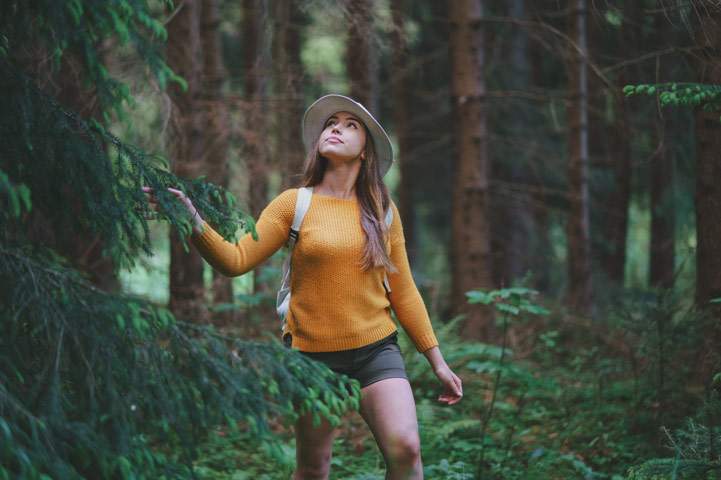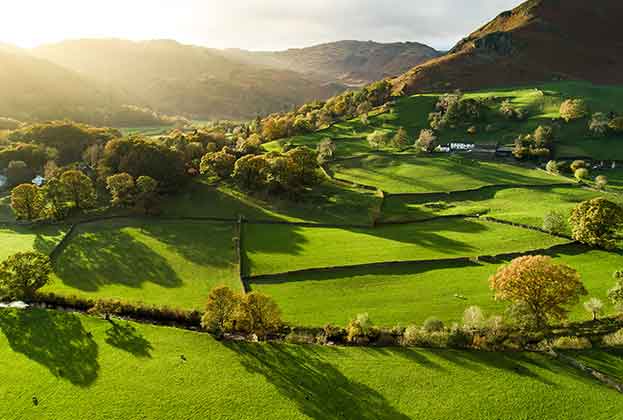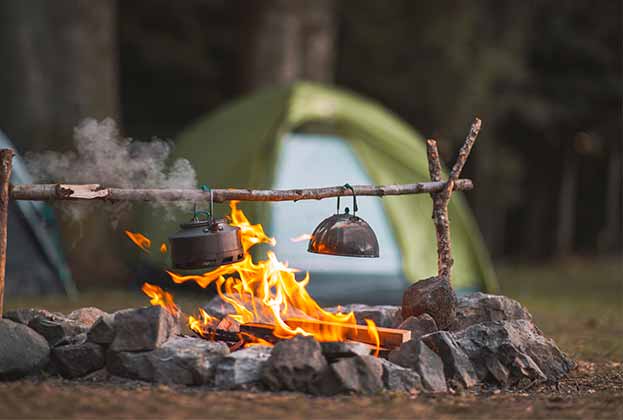We look at the key lifestyle choices driving consumers
Marketing theory dictates that following Google search trends is a good way to get inspiration for a new diversification. In 2020, unsurprisingly, it was Covid-19. However, in 2019, it was the rugby world cup and in 2011, it was the royal wedding. Neither of these proved to be an enduring basis for a successful diversification. Cutting through the noise to find the trends that are increasingly coming to form an integral part of our society and therefore the lifestyle choices of prospective customers is key. We look at three of the most notable of these trends.
Experiential
The rural economy is well placed to cater to the growing number of travellers seeking authentic experiences. From the peaks of the Highlands to the gentler slopes of the South Downs valleys, every rural location has its own identity. A business should promote what it already has. Gimmicky offers are gone, authenticity and slow enjoyment is the new luxury.
The rural economy is well placed to cater to the growing number of travellers seeking authentic experiences
Nicola Buckingham, Associate Director, Rural Research
A key enduring trend for customers is personalisation, which has become standard for everything – from how we access music and films online to how we order our food. Incorporating personalisation and experiences into the accommodation offer is going to be essential in attracting new guests and retaining regular ones. A handwritten note to welcome guests or offering dietary options in a welcome pack is a simple way to start.

Sustainability
Recent research by both Visit Scotland and Visit England suggests that sustainability is the fastest growing trend in tourism. Consumers increasingly perceive acting in an environmentally responsible way to be the right thing to do and consumers are beginning to choose brands that match their ideals. This will only accelerate and owners of tourism destinations and venues who are proactive in this regard are more likely to prosper.
Sustainability is arguably transforming tourism. Driven by the increasing desire for trips to have meaning, we are going to experience a shift towards 'transformational tourism'. This is the movement among consumers to travel with purpose, maximising their time, giving something back to the destination and consciously off-setting the impact of their travel. Opportunities for visitors to contribute to projects that preserve the culture or environment will be key attractions. Can your guests volunteer in a local conservation or restoration project nearby? Partnering with local volunteering groups may be an easy way to start.
Well-being
Wellness tourism is essentially about switching off, disconnecting from the pressures of everyday life and being able to slow down. There’s a common misconception that wellness travellers are a small, elite and wealthy group who visit destination spas, health resorts or yoga and meditation retreats. In fact, wellness travellers comprise a much more diverse group of consumers with many motivations, interests, budgets and values. Tourism providers don’t need to provide everything on site if there’s is not sufficient space. Offer to make bookings with recommended fitness instructors or treatment providers locally, or provide a day pass to a local facility instead.
Between April and December 2021, Barclays Corporate Banking anticipates that leisure, fitness, spa and hospitality will bounce back to contribute £3.5 billion to the UK’s GDP. Wellness tourism was already firmly established prior to Covid-19 but is likely to be further propagated by changes to our lifestyle brought about by the pandemic, including an increase in hybrid working models, stricter travel precautions and an increased awareness of our mental health in particular.
Read the articles within Spotlight: Rural Diversification below.
.jpg)

